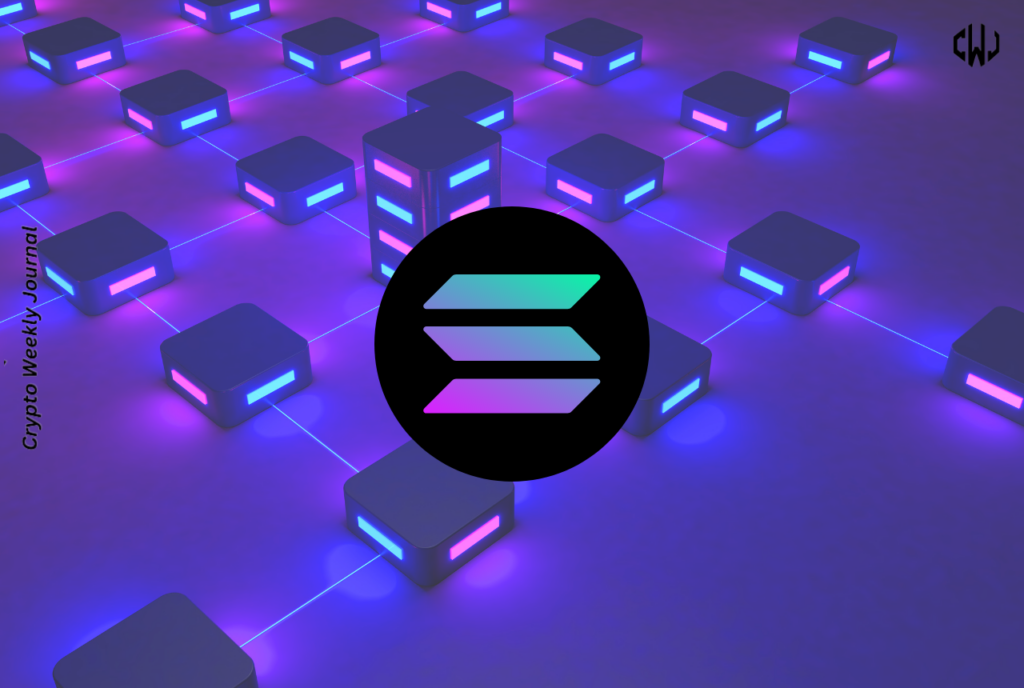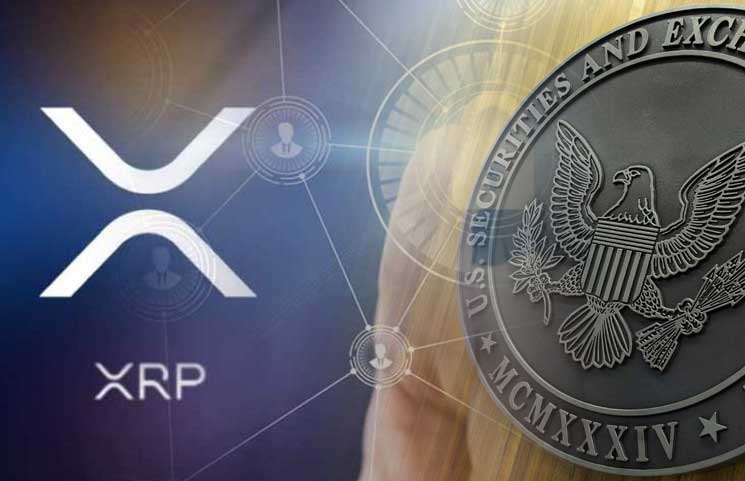- Solana launched the quantum-resistant “Winternitz Vault” to protect funds from quantum computing threats.
- The vault generates new private keys for each transaction, enhancing security.
- Solana positions itself as a leader in quantum-resistant blockchain innovation.
Solana developers introduced a quantum-resistant vault intended to protect users’ funds against the potential threat of emerging quantum computing technology. The important solution dubbed the “Solana Winternitz Vault,” employs advanced cryptography to outsmart the developing quantum computing abilities.
The Winternitz Vault relies on an advanced hash-based signature scheme that generates fresh private keys for every transaction. As noted in a post by Dean Little, a cryptography researcher and chief scientist at Zeus Network, this feature alone significantly reduces the risk of coordinated quantum computer attacks on January 3, 2021. Since every transaction creates new keys, the exposure of public keys is minimal, thus increasing the security of the users’ assets.
Currently, the quantum-resistant vault is an optional addition rather than a network-wide feature. Users must actively opt to store their funds in Winternitz Vaults instead of standard Solana wallets. While this approach ensures quantum resilience for those who choose it, it remains a separate layer of protection rather than a default security standard across the Solana ecosystem.
The implementation of the Winternitz Vault begins by generating a Winternitz keypair and computing the Keccak256 Merkle root of the public key. Then, a dual-account system, as a “split” vault, is set up. Users will then make transactions by creating a Winternitz signature for some quantity of “imports”-the smallest unit of Solana’s cryptocurrency. At the end of the transfer, all remaining funds are sent to a refund account, and the vault is securely closed.
Solana secures blockchain future with Winternitz Vault
Introducing the Winternitz Vault could ease crypto investors’ concerns about the long-term viability of cryptographic security in the face of quantum advancements. Quantum computers, with their potential to crack traditional encryption, represent a looming threat to blockchain technologies.
Dean Little also humorously addressed critics, referencing a December 19 post by Bitcoin advocate Fred Krueger, who had predicted that Solana would be the “first casualty” of quantum computing. This latest development challenges that narrative, positioning Solana as a proactive leader in quantum-resistant blockchain innovation.
While Solana has already released its quantum-resistant feature, Ethereum has planned to do something similar on the roadmap in the future. Co-founder Vitalik Buterin still seems optimistic about the timeline for quantum threats. This October, he spoke and toned down the immediacy of the risk, hinting that quantum computing capable of threatening cryptographic security is at least a decade away.
With the advent of the Solana Winternitz Vault, the blockchain industry is taking a huge step toward safeguarding DeFi’s future against quantum computing risk. As this optional feature gains more ground, it remains to be seen how other blockchains will respond to the increasing demands regarding quantum-resistant solutions.
For Solana, this development not only strengthens its security credentials but also underscores its commitment to innovation in the rapidly evolving crypto landscape.
Related | Coinbase Premium Index Hits 12-Month Low, Raises Bitcoin Concerns



